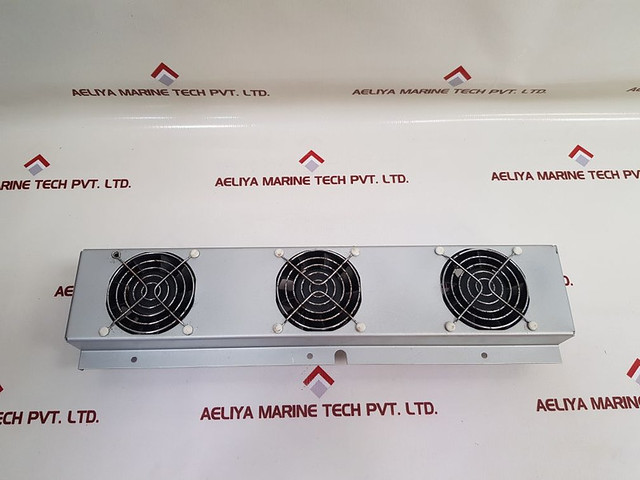
Solar IP Camera – Powerful and Resilient
A solar powered security camera needs to be located in a place that gets sunlight throughout the day. Most users prefer to mount the solar panel next to the camera or somewhere on the roof.
When choosing a solar powered security camera, look for features such as camera resolution, field of view and motion activation. Also, consider if the camera can store video locally (microSD card) or through cloud storage.
Day and Night Recording
The solar ip camera comes equipped with 4MP day and night recording, it can record high definition videos during the day and push them to your smartphone via APP alarm push (free cloud storage for 14 days). The video is clear enough to help you identify any suspicious activity.
The camera also has an ultra-fast wakeup sensor, it can start recording within 1/5 of a second, unlike other cameras that take up to 2 seconds. This ensures that you never miss a thing.
In order to create a solar power system you will first need to figure out how much energy your equipment draws on a daily basis in Watts. You can find this information on your equipment’s Spec Sheet. Once you have the wattage total, you will then need to determine how much battery capacity is required. This can be determined by adding up the nominal wattage of all the equipment you will be using, including the cameras, wireless routers, point to point, radios, lighting and speakers that you will be connecting.
It is important that you choose a battery that can supply this amount of energy to your solar powered equipment on a daily basis. Ideally you will want to select a deep cycle AGM sealed lead acid battery, however Lithium Iron Phosphate batteries are also becoming more common and offer better performance. You will then need a Solar Charge Controller, which is the brains behind your system. This will manage the charging and discharging of your batteries, ensuring that you get maximum performance out of them for as long as possible.
Intelligent PIR Motion Detection
Powerful and reliable, solar powered IP cameras are an wireless battery operated outdoor security cameras essential security tool for many remote locations and businesses. They’re also a great option for backups for main systems in case of emergency, as they can work independently from the grid and provide high-quality video.
Using motion detection, these wifi cameras automatically record and send notifications when movement is detected in the area they are covering. They can even start sirens and spotlights to deter intruders. You can choose to save the recordings to a microSD card or in the cloud. You can even watch your videos with the Tellur Smart app.
When choosing a solar powered camera, look for one with a high resolution, as it will have more clarity and better coverage. It’s also important to consider the battery technology. Deep cycle AGM sealed lead acid batteries are the most common choice, but other technologies such Smart WiFi Camera as Lithium Iron Phosphate (LiFePo4) offer a more environmentally friendly solution with longer lasting life.
To ensure the solar panel can capture enough sunlight to charge the battery, install it in a place that gets plenty of direct sunlight. Ideally, it should be positioned facing due south (in the northern hemisphere) or due north (in the southern hemisphere), where possible. It should also be away from buildings and other obstructions that may block the view.
Two-Way Intercom
Solar powered cameras are innovative tools that keep homes and businesses safe in remote areas. They combine the power of digital IP technology with photovoltaic panels, rechargeable batteries and Wi-Fi or 4G to transmit video data. This combination allows users to monitor properties remotely from a mobile phone or computer. However, before purchasing or installing a solar-powered camera it is important to understand the key elements that are required for optimal performance. This includes the imaging quality of the camera, the duration of the rechargeable battery and the power of the photovoltaic panel.
If you’re looking for a solution that provides continuous solar power for your camera then you should consider a PoE (Power over Ethernet) system. This option eliminates the need to run separate electrical and data cables, making it a more cost effective and convenient solution.
Most solar powered security cameras are equipped with a powerful 2 Way Intercom Speaker and microphone so you can talk to family and friends, and deter intruders by projecting your voice. Some models allow you to communicate with multiple devices at the same time via the APP. This is a great feature for people living alone and elderly or disabled residents. It also helps prevent robbery and vandalism. The camera is easily installed with no wiring needed, and can be placed in a house, office, shop, commercial building, garage, or anywhere else you want to protect.
Cloud Storage
Solar powered IP security cameras are innovative tools that keep businesses safe around the world. They provide a powerful and resilient alternative to traditional power sources, offering high-definition footage that can be accessed from anywhere. But there are a few things to consider when selecting one.
First, make sure the camera is compatible with your existing Wi-Fi, smart home or 4g network. Secondly, it should have a solar panel to keep it continuously charged. And lastly, choose a model that is compatible with the type of weather your location experiences.
For instance, if your area receives frequent rain or snow, you’ll want to choose a camera with an IP66 rating. This means it can withstand water immersion, wind and dust. The best ones will also have a battery with a long lifespan and a weatherproof charging station.
When shopping for a solar IP security camera, check whether it can record to an SD card and if it offers a free encrypted cloud service. This will give you peace of mind in case the device gets stolen or your Micro SD card is damaged. The best wire-free solar IP security camera to buy will offer both local and cloud storage, so you can access and download your recordings from the web. This feature is useful for businesses that have limited data subscriptions, or for customers who do not have a stable internet connection.


